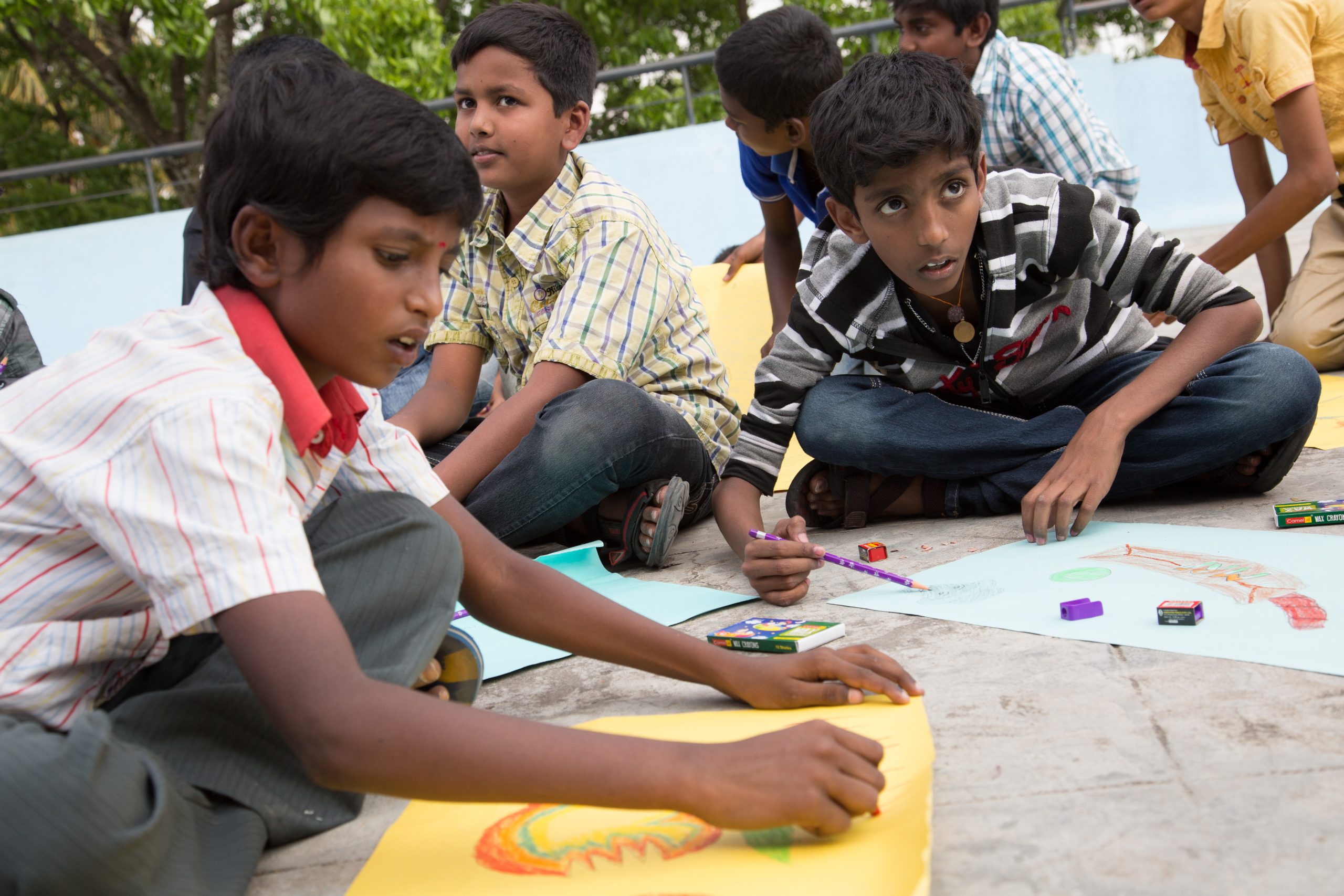As someone who was trained in the field of journalism, I only realized much later that I had been following a standard template to create narratives whether it was for feature stories or news events or even for myself. The 5Ws and 1H set pattern meant that in many ways I disallowed experiencing fully how many of the stories I was crafting on the ground and how those stories had at all changed anything within me or helped me in my personal journey. It was only when I started questioning what shifting mindsets meant and how building narratives for change happens in the real world, did I feel the need to question why it was important to also understand my own journey of when I felt compelled to move to a newer narrative. Much larger why I also understood why the personal is political needs to be applied in our contexts especially when we are seeking to shift mindsets and build newer narratives for change.
Back in 2003, I was a rookie reporter and it had barely been a couple of months since I had begun working at a news agency in Mumbai. One of those days when you do not realize that something pivotal was about to occur and it would take close to a decade for you to be able to process it. That day the Bureau head was travelling out of the city, and I was in the office when the call came in from the Head Office to file a report on the Twin Blasts (Zaveri Bazaar and Gateway of India) that had occurred in Mumbai. I remember it being ironic that we got the information on the blast from our Delhi HO when we were right in the city of Mumbai! Along with my cameraperson we rushed to the blast site, which was then cordoned off by the police authorities.
As we walked to the bomb blast site, I remember seeing shards of broken glass lying everyone around, police and other people moving around collecting evidence. The injured people were taken to the hospital. Suddenly out of nowhere a man appeared before me, and since I was walking with a cameraperson, he knew that I was a media person, and he shoved a steel tray in front of me and said “Yeh lo iska bhi shooting karo (here film this as well)!” Flummoxed I stared at the tray and what looked like a blood covered part of the human brain! The man had been collecting human remains from the blast site. It took me around 10 minutes to process this scene and only when my cameraman pulled my hand asking me to move, I realized that I had been rooted to the spot without any movement. I remember feeling as if I had in that moment in some way failed the profession and had berated myself because I had let go of what I was trained at my university to stay objective and not react.
Later, I reacted as I had been trained to react – be objective, not allow the external to affect the internal and filed the story as I was supposed to, listing the number of dead and injured people. It had been a mechanical process I recall when I had proceeded to file my story and had gone home without really processing what those moments meant to me. As communications professionals, we have been trained to be objective to the point of being stoic and not letting our emotions get the better of us, and while that may be required in diverse kinds of settings, I realized that I also needed to acknowledge that it was ok to be human and respond emotionally. It was also ok to be sensitive and respond from a space of empathy in the way I reported. Often, we forget that our reporting from the field has in many ways helped us grow and has allowed us to seek answers for ourselves around our own perspectives on the vagaries of life.
For me, this unlearning of an old narrative and the building of a new one had taken time to come. The relearning of a new narrative meant that it was ok to be present for the moment and required me to know that sometimes responding can be a slow process and that was also ok. I had to in many ways look at being present in the moment with my whole being and experience these pauses and how they can help me. Building a new narrative and moving to a newer one requires one to move from an earlier held belief/ thought to a new, more compelling one and we move we are willing to move or have experienced why it is imperative to move. Taking a pause when action has been your constant response may not be easy and certainly was not easy for me. Sometimes it may mean taking a breather and responding from a space of wanting to know more or from a space of empathy and not always from a space of wanting to fix things. For me it meant that I needed to listen to my own instincts deeply and be aware of making space for me to pause and then respond. I have in many ways moved from a solutions-oriented approach to an approach that focused on building an understanding around a sustainable solution; which can seem cumbersome however I have found it helped me ground myself better.
It has been an evolving journey for me, not been easy to let go of that veneer of self-preservation and I also acknowledge that there may be moments when this unlearning will slacken, however it is a journey that I have embarked upon, and I hope to relearn-learn all that will help me be better every day.
Dr Varsha Pillai is the Associate Director of Narrative Building and Communications at Dream a Dream.


